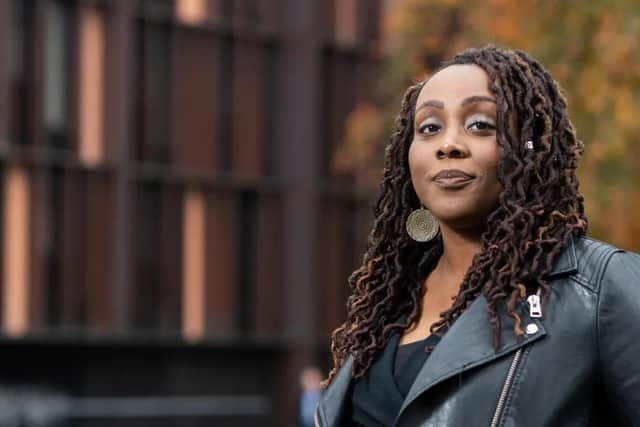Humanity is lost when a person views someone else as a thing or product - Clare Williams
In the UK Black women are four times more likely to die in childbirth than white women. Black children are more likely to be strip-searched by police. Black Caribbean children are more likely to be permanently excluded from schools and, police use greater force with black and Asian suspects.
Now we might respond, as the 2021 Race and Ethnic Disparities Commission did, by citing factors other than racism as the cause. In education, it says, “racial bias within schools… has limited effect and other factors such as family structure, cultural aspirations and geography may offset this disadvantage.” Growing up black in Britain, my experience presents a different view. I remember my parents telling me that I would have to work twice as hard as my white peers. I remember my dad telling me how to conduct myself if I got stopped by police. I remember teachers scoffing at my ambition to apply to Oxford University.
Advertisement
Hide AdAdvertisement
Hide AdWhilst teaching in multicultural schools, I remember going over and above my duties to show that black women could lead well. Now, working twice as hard does help to overcome some barriers but it’s a relentless cycle of seeking worth from individuals and systems that set a higher bar for faces that don’t fit. And this is not to disregard class disadvantages, simply that racism compounds them.


There is something deeper to consider here: if we measure the value of a life by its contribution to society, we are setting everyone up for failure. Why? Because this kind of metric makes us all into objects which can be used, rather than people with inherent dignity. The objectification of Africans in the transatlantic slave trade is testament to this. Something of our humanity is lost when a person views someone else as a thing or a product.
Christianity subverts this idea completely. Here, human dignity is grounded upon the claim that we are made in God’s image. Like a Banksy piece, beautiful in its own right, the value of the art is ultimately determined by the acclaim of the artist. We are God’s masterpiece, and he paints with a diverse palette. My life matters, not because of achievements or when others approve. I matter because in my very blackness, I reflect something of God himself.
The biblical image of a future world restored by God is of people from every “nation, tribe and language”, where God doesn’t erase but celebrates ethnic diversity. Christian faith is then hinged upon the concept of grace. Knowing God is not about the things we do but about what he has done for us.
We can’t earn our way into relationship with God. Our skin colour cannot give us special privileges or access to Him. Christianity says that we are all broken and in need of a saviour. The good news is that an unlikely saviour has come in the person of Jesus, who contrary to what you may have seen in art and icons, was not a White European.
Clare Williams for Solas
Comments
Want to join the conversation? Please or to comment on this article.